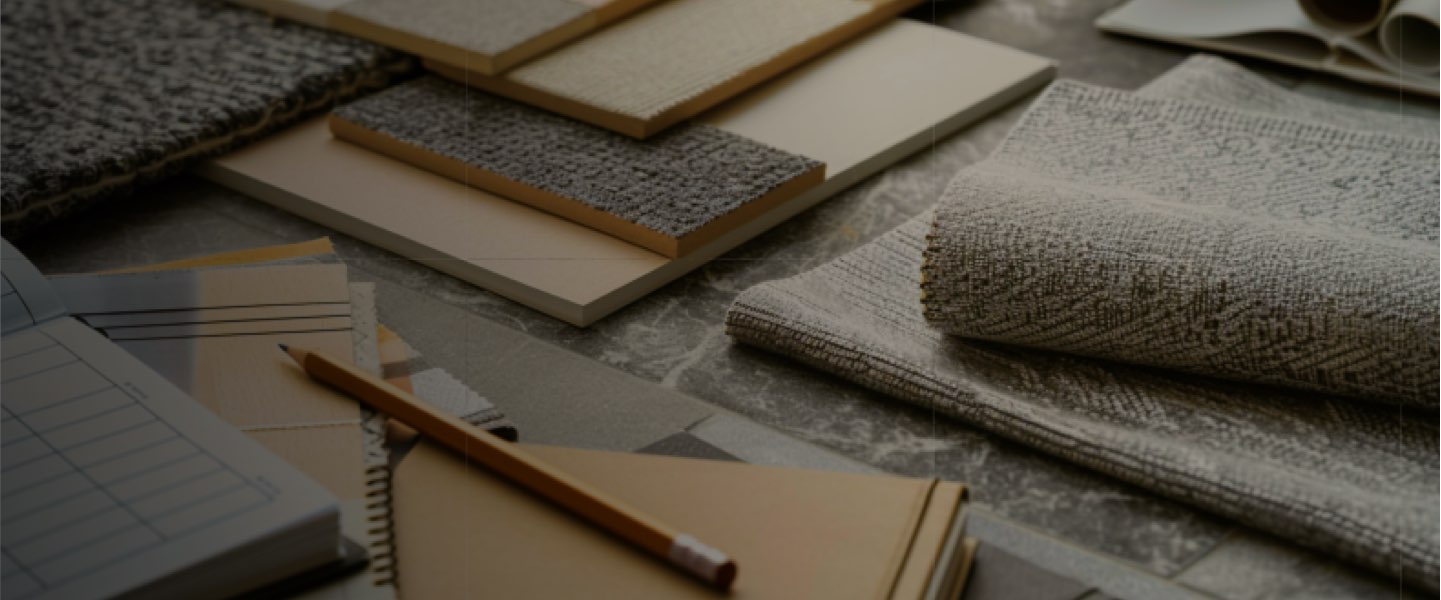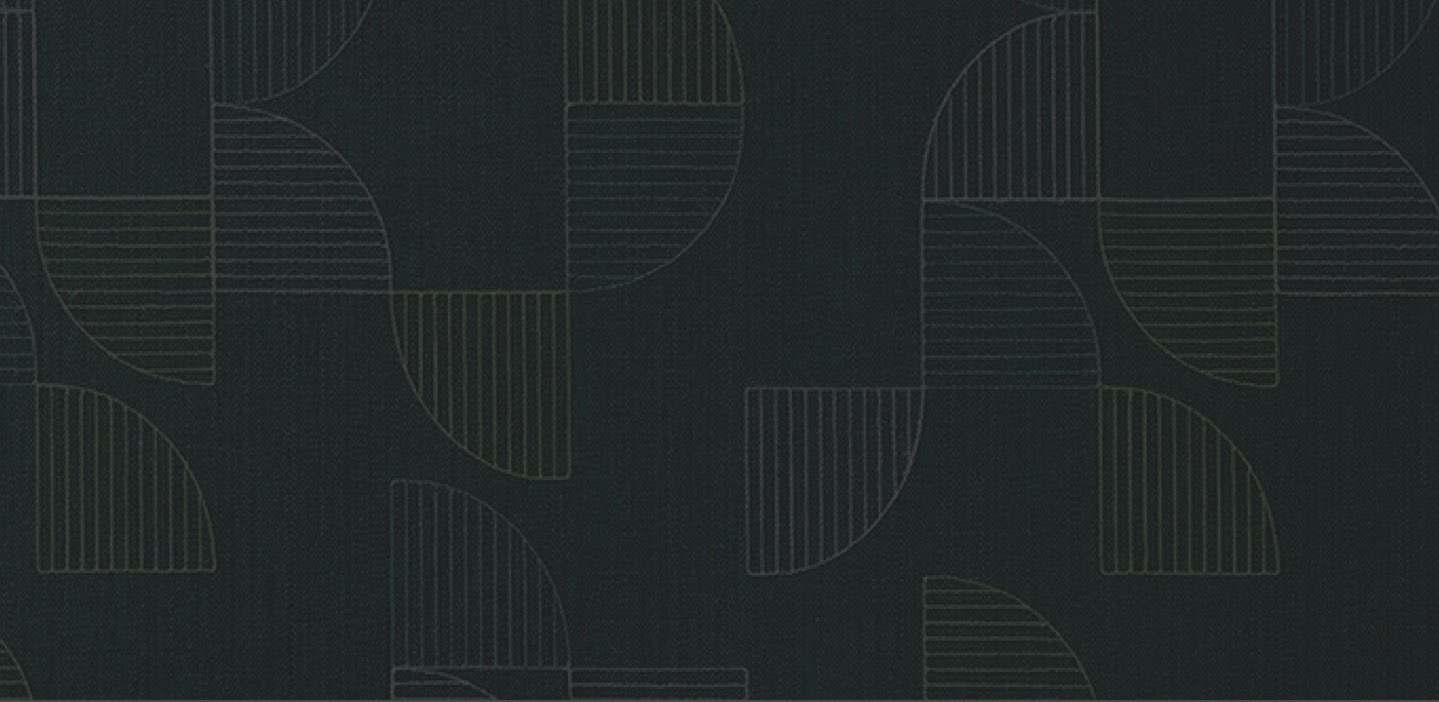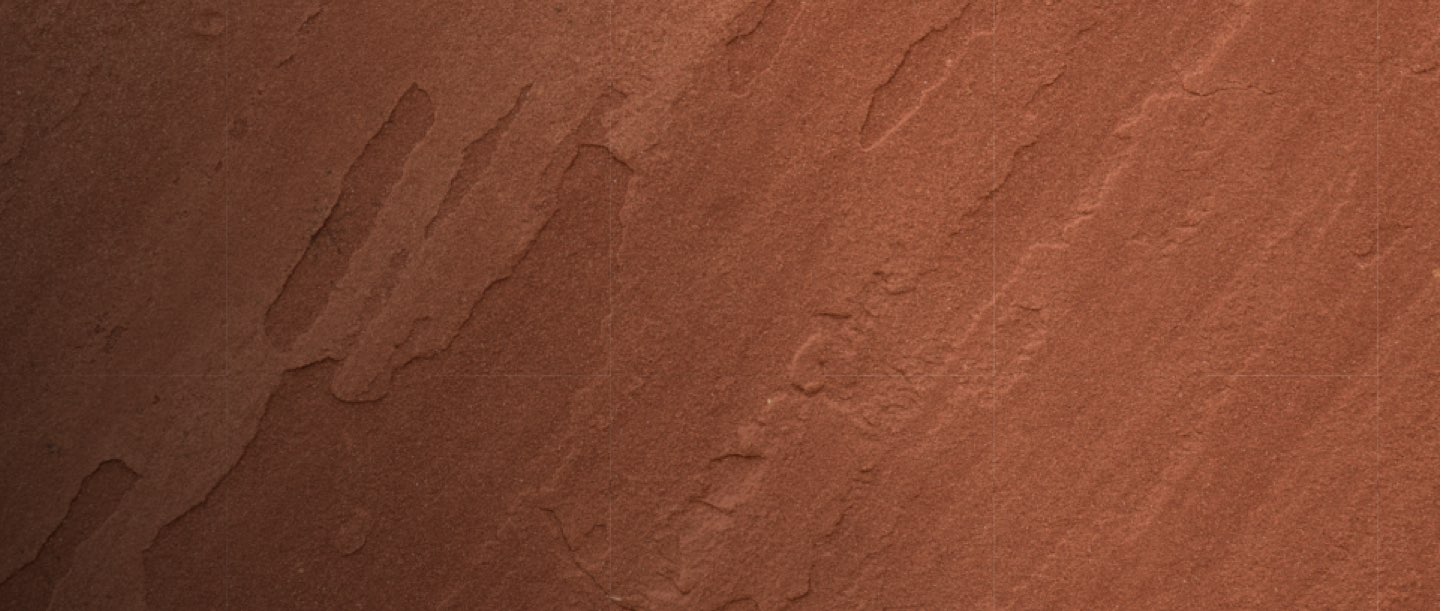
Discover Healthier Wall Coverings

Toxic-Free Wall Surfaces
Explore curated product collections based on use case, material category, sustainability criteria, and performance.
Search across hundreds of products by carbon footprint, ingredients, certifications, availability, and performance.
Materials must disclose a minimum of 75% of ingredients and verified against industry certifications, like Cradle to Cradle, to confirm disclosures.
Each Material Collection has detailed spec guidance to help you evaluate products with the most important criteria on-hand.

Your leading resource for non-toxic materials.
“Wall coverings are often overlooked, yet they cover so much surface area. This collection offers safer panel finishes without adding unnecessary chemical exposure.”
Your clients deserve healthy spaces.
Specify healthy, high-performance materials with confidence.
Join Our Academic Network
Get Access to our carefully researched and curated academic resources, including model syllabi and webinars. An email from an academic institution or a .edu email address is required. If your academic institution does not use .edu email addresses but you would like to join the network, please contact healthymaterialslab@newschool.edu.
Already have an account? Log in